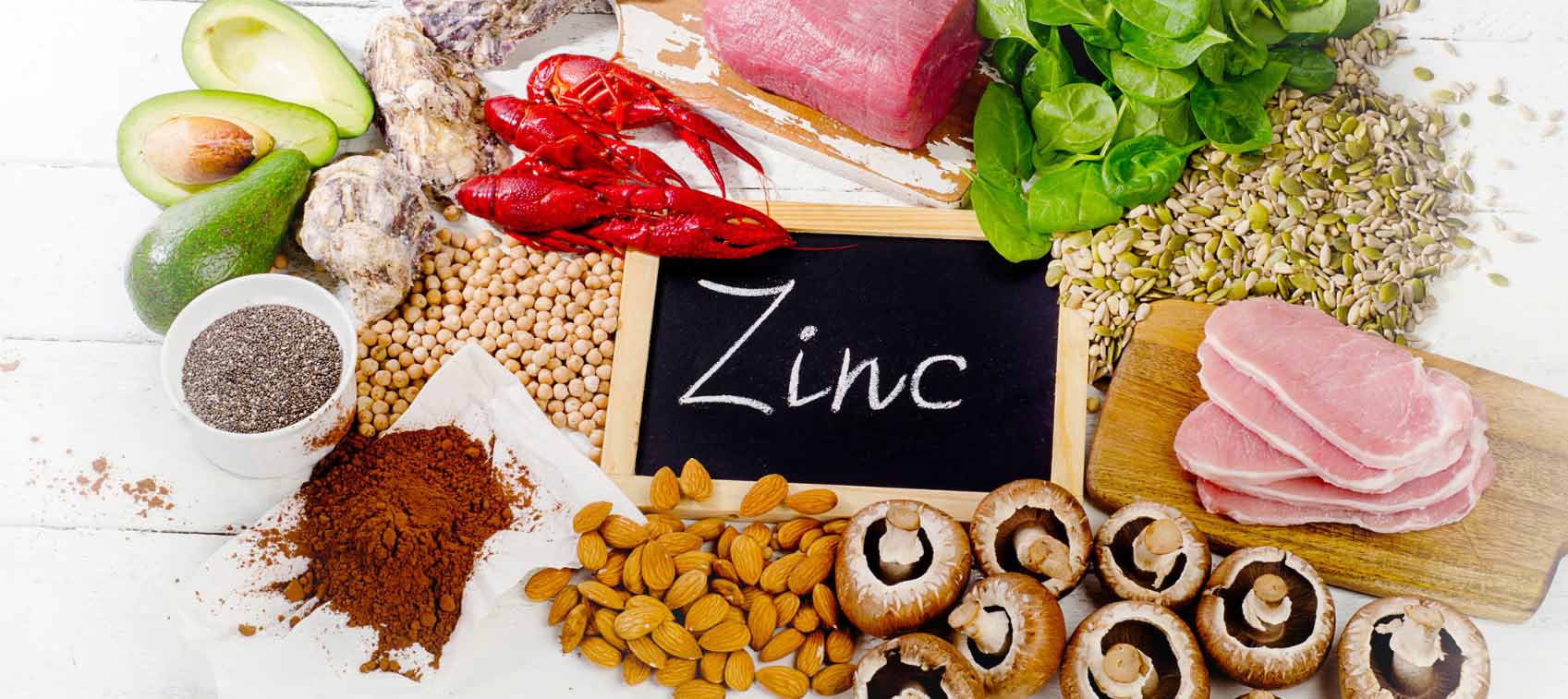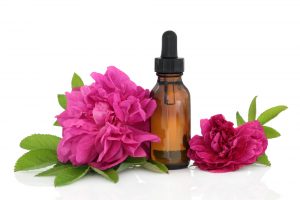Zinc is found in practically every cell in your body. There are about two grams of zinc where it is highly concentrated in the skin, hair, nails, eyes and testes.
Sexually active men need one third more zinc than women. With the exception of breast-feeding women, because the infant will absorb larger amounts of its mother’s zinc supply than normal.
Zinc is a precious mineral. Although our need for this mineral may be small, it plays an enormous part in growth and well-being. This need starts before birth. It is needed for healthy skin and hair, proper healing of wounds, successful pregnancies and male virility. It also guards against infection and diseases.
Zinc also helps to transport Vitamin A to the retina in the eye. It is a constituent of many enzymes involved in metabolism. There are 156 enzymes that require zinc to be able to function. Growth and sexual maturity depend on zinc.
How Does Zinc Get Into The Body?
The body cannot manufacture Zinc; it has to be taken into the body by what you eat.
Food Sources are:
- Oysters
- Red Meat
- Beans
- Dairy Products
- Poultry
- Nuts and Whole Grains
- Liver and Seeds.
The recommended daily dietary requirements of zinc are 15 mg. Vegetarians may suffer from a zinc deficiency, due to not eating red meat. Most of our intake of zinc is from our eating protein foods.
So a vegetarian should be sure to eat dairy products, beans and lentils. Pumpkin seeds provide one of the most concentrated vegetarian food sources of zinc.
How Do I Know If I Have Low Zinc?
Zinc deficiency can cause hair loss, diarrhea, eye and skin sores and loss of appetite. Weight loss, problems with wound healing, decreased ability to taste food, and lower alertness levels can also occur. Many of these symptoms can be signs of problems other than zinc deficiency.
Zinc is lost via the faeces, urine, hair, skin, sweat, semen and also menstruation.
Deficiency can result in weight loss, skin diseases, loss of hair, poor appetite, diarrheas’ and frequent infection. Those suffering from rheumatoid arthritis may have a zinc deficiency. And heavy drinkers lose a great deal of zinc in their urine. If you don’t eat enough zinc providing food, you should take Supplementation. Zinc is usually found in combination with Calcium and Vitamin C.
What Zinc Can Do For You?
Zinc is required for numerous processes in your body, including:
- Gene expression
- Enzymatic reactions
- Immune function
- Protein synthesis
- DNA synthesis
- Wound healing
- Growth and development
Zinc is also important to your sense of taste and smell. With a varied diet, your body usually gets enough zinc.
BUT…too much zinc can be bad for you. Excess zinc is toxic. In other words it can poison the body. Too much will interfere with the metabolism of other minerals in the body, eg iron and copper.
Symptoms of too much zinc can include nausea, vomiting and fever.
The recommended daily amount of zinc is 8 mg for women and 11 mg for adult men. So if you do choose to supplement- try to keep within that range.







Be First to Comment